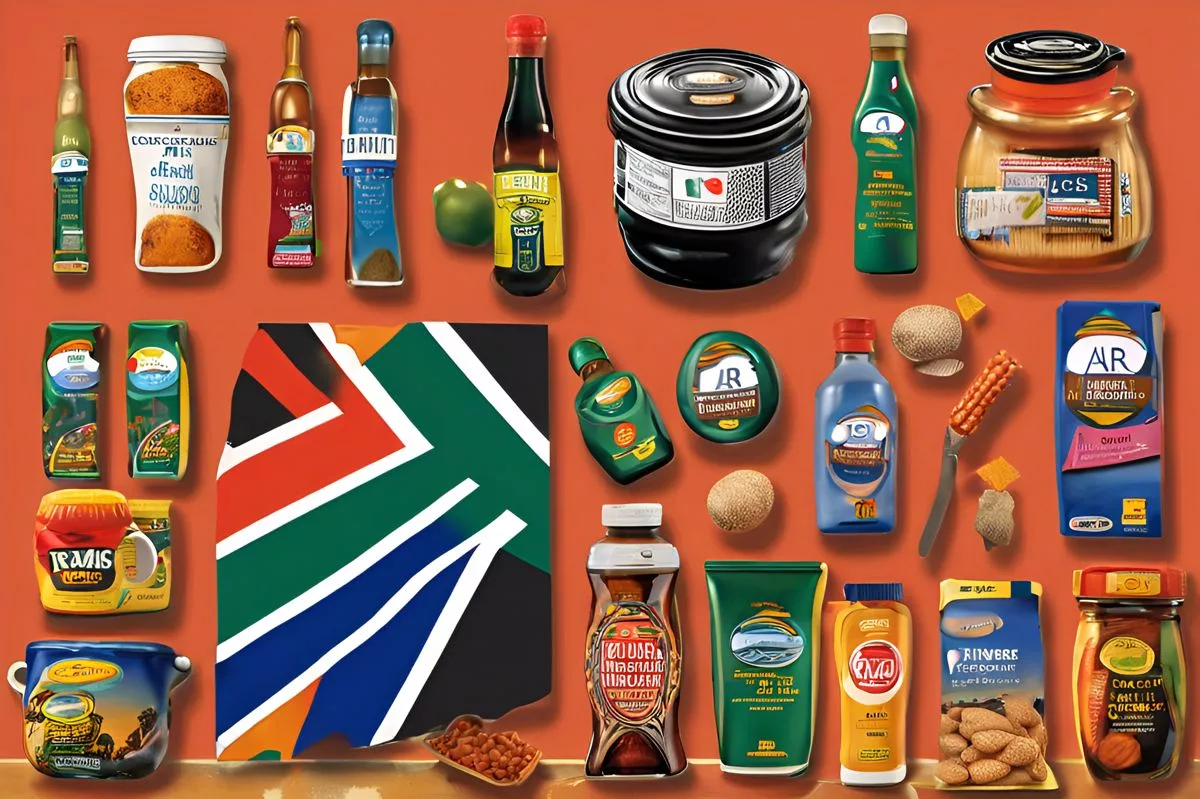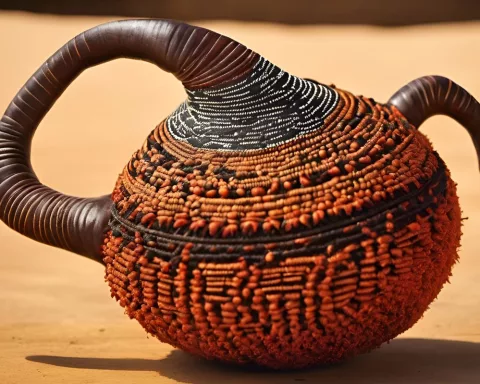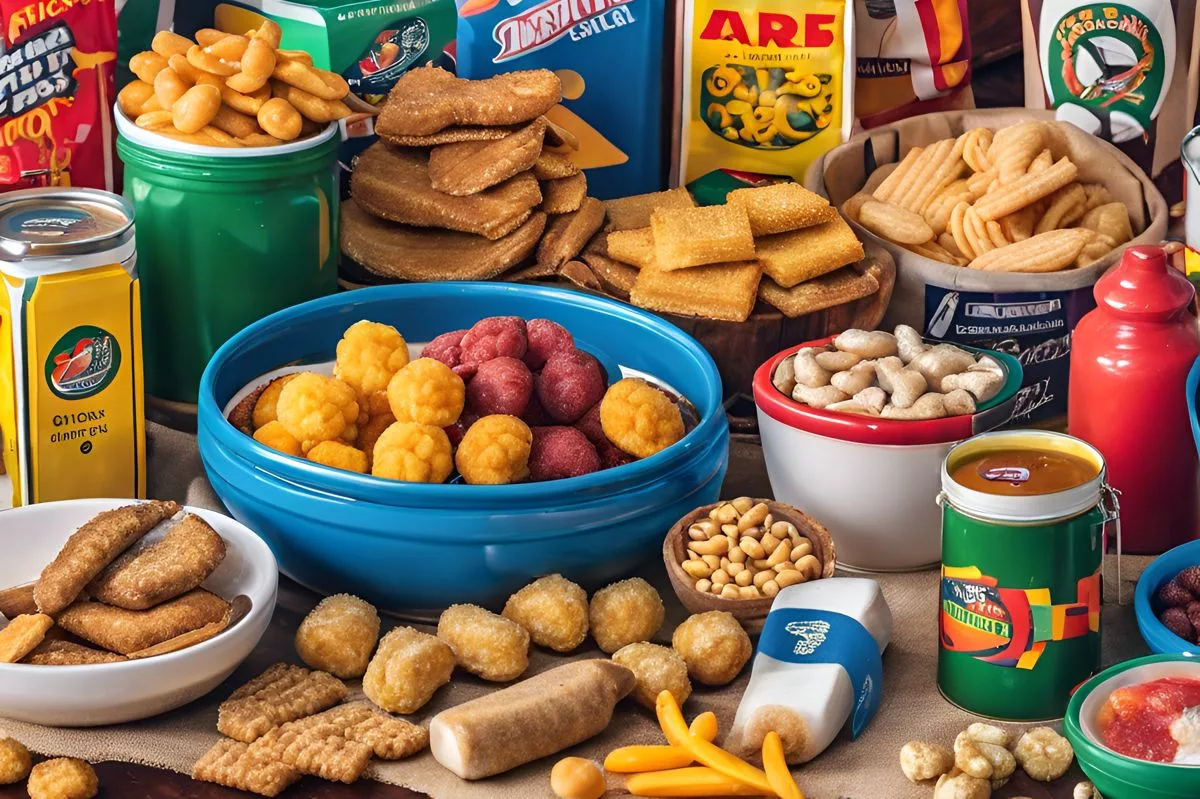South Africans have a special bond with certain brands that go beyond just buying products; they are part of their daily lives and culture. Brands like Coca-Cola, Marmite, and Sunlight soap hold a cherished place in homes, sparking feelings of nostalgia and shared memories. Even though some of these brands come from far away, they have been embraced as local favorites, showing how global influences can blend beautifully with South African traditions. This unique loyalty reveals the deep connections people have with the things they use every day, turning them into symbols of community and heritage.
What drives brand loyalty among South Africans?
South Africans exhibit strong brand loyalty due to cultural identity, shared experiences, and nostalgia. Iconic brands like Coca-Cola, Sunlight, and Maggi have become integral to daily life, transcending their foreign origins and fostering deep emotional connections within communities. This loyalty reflects a unique blend of global influence and local tradition.
South Africans exhibit an extraordinary level of brand loyalty that intertwines deeply with their cultural identity and collective memory. This devotion extends beyond mere consumer choice, manifesting in a steadfast allegiance to certain brands that have become intrinsic to the South African experience. According to the 2017 TGI survey by Ask Afrika, iconic brands such as Kiwi, Coca-Cola, Sunlight, Maggi, and Koo hold a special place in the hearts of South Africans. Interestingly, a closer look reveals that three of these beloved brands are not of South African origin. This article delves into this paradox, examining other heritage-level brands that, despite their foreign roots, have been wholeheartedly embraced by South Africans.
Marmite: A Staple with Polarizing Appeal
Marmite is one of those divisive culinary items that people either love or hate. Initially invented by German scientist Justus von Liebig in the late 1800s, Marmite was commercialized in England by the Marmite Food Company in 1902. Despite its European origins, Marmite has woven itself into the culinary fabric of South Africa. This savory spread has become a cherished part of the local diet. The attachment reached a fever pitch during the Covid-19 pandemic when a Marmite shortage caused widespread panic. Its long-awaited return prompted celebration, reaffirming Marmite’s unique place in South African kitchens.
Marie Biscuits: An International Biscuit of Choice
Marie Biscuits hold a special place in South African tea culture, yet they too have foreign beginnings. The British rusk manufacturer Peek Frean created the ‘Maria’ biscuit in 1874 to commemorate the marriage of Prince Alfred and Russian princess Maria Alexandrovna. Decorated with a Greek key pattern and stamped with the name ‘Maria,’ the biscuit quickly gained international popularity. In South Africa, Bakers Limited produces the beloved Blue Label Marie Biscuits, which have become a staple in countless households. The widespread affection for these biscuits underscores their integral role in South African snack culture.
Wimpy: A Taste of Americana
Wimpy, a name that evokes nostalgic memories of family outings and weekend breakfasts, actually has its roots in Bloomington, Indiana. Eddie Gold founded the chain in 1934, inspired by the Popeye comic strip character J. Wellington Wimpy. The first Wimpy restaurant in South Africa opened its doors in 1967, introducing affordable Western fast food to the local market. Over time, Wimpy has seamlessly integrated into South Africa’s dining landscape. Its American origins notwithstanding, Wimpy has become a beloved family restaurant, cherished by generations of South Africans.
Aromat: The Versatile Seasoning
Aromat has earned a unique place in South African cooking. This all-purpose seasoning, introduced by Swiss inventor Walter Obrist in 1952, quickly gained favor among local consumers. The product’s bright red and yellow shaker has become a ubiquitous feature in South African spice cupboards. Aromat rivals traditional spices like peri-peri and curry powder in its importance, showcasing how a foreign product can become essential to a national culinary identity.
Carling Black Label: The Beer of the People
Carling Black Label, a fixture at South African sports events and social gatherings, originates from Canada. Thomas Carling first brewed this beer in Ontario in 1840, initially naming it Black & White Lager before rebranding it in the 1920s. South African Breweries acquired the rights in the 1960s and began local production. Over the decades, Carling Black Label has evolved into a cultural icon, synonymous with the South African working class. It sponsors major football events and features prominently in music videos, solidifying its status in the local culture.
Sunlight: A Household Essential
Sunlight soap, introduced by British entrepreneur William Hesketh Lever in 1885, became the first packaged soap. It made its way to South Africa in 1891 and swiftly became indispensable for washing dishes, clothes, and more. Its influence is so pervasive that many South Africans refer to any dishwashing liquid as ‘Sunlight,’ regardless of the actual brand. The soap’s deep integration into daily life showcases its total adoption into South African culture, transcending its British origins.
Maggi: Instant Comfort Food
Maggi noodles are synonymous with quick, comforting meals and childhood snacks in South Africa. Originally created by Swiss pasta specialist Julius Maggi, the brand was later acquired by Nestlé. The introduction of Maggi 2-minute noodles to the South African market was an immediate success. Local variations like Durban Curry and Boerewors flavors have further ingrained Maggi into South African cuisine. The brand’s seamless integration into local food culture highlights its status as a beloved staple.
Zam-Buk: The Multifunctional Balm
Zam-Buk, celebrated for its versatile healing properties, also has its roots in England. Formulated by Charles Edward Fulford of the Zam-Buk Company in 1902, this balm has become a household essential in South Africa. Known for its efficacy in soothing various ailments, Zam-Buk’s distinctive smell and durable tin evoke fond memories across generations. Despite its foreign origins, its enduring presence in South African homes is a testament to its cultural significance.
The unwavering loyalty that South Africans show toward these brands highlights a fascinating cultural phenomenon. Although many of these products originated abroad, they have been fully embraced and integrated into South African life, becoming symbols of national heritage in their adopted country. Each brand tells a story of cross-cultural adoption, demonstrating the dynamic interplay between global products and local traditions. This phenomenon underscores the ability of foreign brands to earn a place in the cultural heart of South African society, enriching the local landscape with their unique contributions.
FAQ
What drives brand loyalty among South Africans?
South Africans exhibit strong brand loyalty due to cultural identity, shared experiences, and nostalgia. Iconic brands like Coca-Cola, Sunlight, and Maggi have become integral to daily life, transcending their foreign origins and fostering deep emotional connections within communities. This loyalty reflects a unique blend of global influence and local tradition.
How have foreign brands become part of South African culture?
Many foreign brands, such as Marmite, Carling Black Label, and Wimpy, have seamlessly integrated into South African culture over the years. Despite their origins, they have been embraced by locals, often becoming household staples and symbols of community, showcasing the ability of international brands to resonate deeply with South African traditions.
Why is Marmite so popular in South Africa?
Marmite, known for its polarizing taste, has become a beloved culinary item in South Africa despite its European origins. Its popularity surged during the Covid-19 pandemic when a shortage caused widespread panic, reinforcing its status as a cherished part of the local diet and highlighting the emotional attachment many South Africans have to the product.
What role do Marie Biscuits play in South African culture?
Marie Biscuits are a quintessential part of South African tea culture. Produced locally by Bakers Limited, these biscuits are enjoyed by many and have become synonymous with family gatherings and casual snacking, demonstrating how a product with foreign beginnings has become deeply embedded in local traditions.
How did Carling Black Label become a cultural icon in South Africa?
Originally brewed in Canada, Carling Black Label has evolved into a cultural icon in South Africa, especially at sports events and social gatherings. The brand’s local production by South African Breweries and its active sponsorship of major events have cemented its place in the hearts of South Africans, especially within the working-class community.
What significance does Sunlight soap hold in South African households?
Sunlight soap, introduced in South Africa in 1891, has become an indispensable household item. Its widespread use extends to dishwashing and laundry, so much so that many South Africans use “Sunlight” generically to describe any dishwashing liquid. This highlights its deep integration into daily life and the cultural significance it holds as a household essential.












